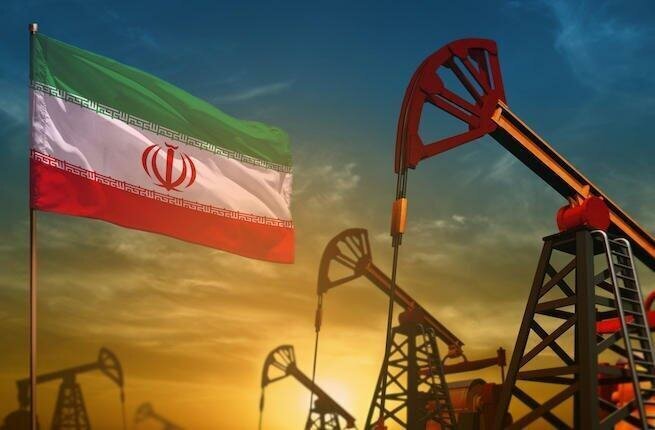Sanctions on Iran’s Oil Network:Implications for Brazil may occur
By Hotspotorlando News
The United States’ recent sanctions on Iran’s oil network, announced on August 21, 2025, represent a bold and necessary step to curb the Iranian regime’s destabilizing influence in the Middle East and beyond. By targeting China-based crude oil and petroleum storage operators facilitating Iran’s illicit oil trade, the U.S. is reinforcing its commitment to maximum economic pressure on a regime that funds terrorism, pursues nuclear ambitions, and oppresses its own people. This conservative approach prioritizes national security, global stability, and the enforcement of international norms—principles that resonate far beyond the Middle East, including in nations like Brazil.
The sanctions focus on entities such as Qingdao Port Haiye Dongjiakou Oil Products Co., Ltd. and Yangshan Shengang International Petroleum Storage and Transportation Co., Ltd., which have enabled the import of millions of barrels of Iranian crude oil. These companies, operating in China’s major ports, are integral to Iran’s shadow fleet, which circumvents international restrictions to fund the regime’s malign activities. By designating these entities under Executive Order 13846, the U.S. is sending a clear message: those who enable Iran’s illicit trade will face severe consequences, including blocked assets and prohibited transactions with U.S. persons.
From a conservative perspective, this action underscores the importance of economic leverage as a tool to counter authoritarian regimes. Iran’s oil revenue fuels groups like Hezbollah and Hamas, which threaten allies like Israel and destabilize the region. It also bankrolls Iran’s nuclear program, a direct challenge to global non-proliferation efforts. The U.S. strategy of targeting not just Iran but its enablers—like China-based operators—demonstrates a proactive stance against those who profit from rogue regimes. This aligns with conservative values of strength, accountability, and protecting the free world from threats.
Could this happen to Brazil? While Brazil is not currently under U.S. sanctions, the scenario is worth considering. Brazil, a major oil producer with significant offshore reserves, relies heavily on its energy sector to drive economic growth. If Brazil were to engage in trade practices that violate international sanctions—such as dealing with a sanctioned nation like Iran—it could face similar measures. For instance, Brazilian companies or ports facilitating the trade of illicit oil could be designated, leading to frozen assets and restricted access to global markets. This would cripple Brazil’s energy sector and broader economy, given its integration into global trade networks.
Brazil’s foreign policy has historically leaned toward non-alignment, but recent governments have occasionally flirted with partnerships that could raise eyebrows in Washington. A hypothetical alignment with sanctioned regimes, whether for economic gain or ideological reasons, could invite U.S. scrutiny. Brazil’s ports, like those in Santos or Rio de Janeiro, could become targets for sanctions if they were found to handle illicit oil shipments. The ripple effects would be severe: disrupted trade, damaged international credibility, and economic isolation.
Conservatives in Brazil and elsewhere should applaud the U.S. for its resolve in confronting Iran’s malign influence. These sanctions are not just about punishing bad actors; they aim to change behavior and protect global security. For Brazil, the lesson is clear: maintaining strong ties with democratic nations and adhering to international norms is the best path to economic stability and sovereignty. Any deviation risks inviting the kind of pressure now facing Iran’s enablers—a fate Brazil must avoid at all costs.
In conclusion, the U.S. sanctions on Iran’s oil network are a principled stand against tyranny and terrorism. They serve as a reminder that nations like Brazil must prioritize responsible global citizenship to safeguard their economic and security interests. Strength and vigilance, not appeasement, are the cornerstones of a stable world order.


